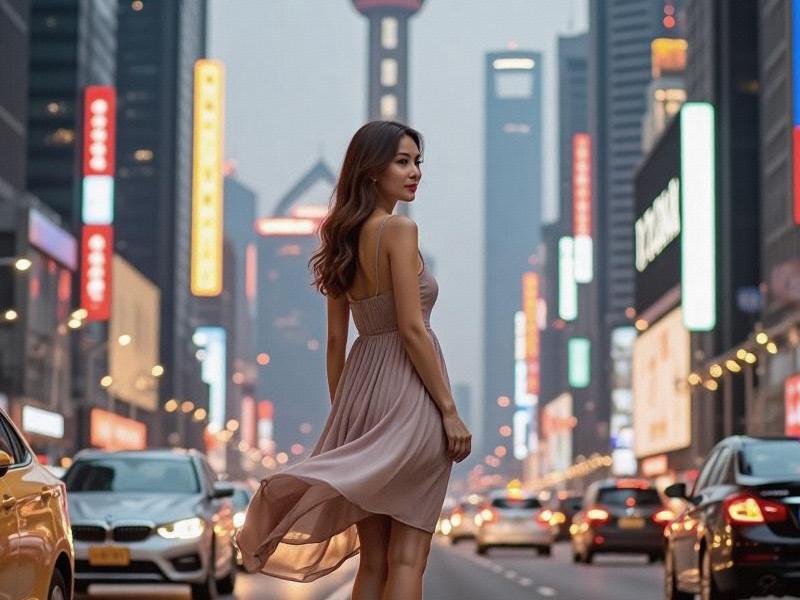This in-depth report examines how Shanghai's exclusive entertainment clubs have adapted to changing consumer demands and regulatory environments, emerging as sophisticated hubs of business networking and cultural exchange in China's financial capital.

The Velvet Rope Revolution: Shanghai's High-End Entertainment Clubs in the Post-Pandemic Era
The discreet brass plaque beside an unmarked door in the former French Concession offers no indication of the world inside. Only after passing through three layers of security does one enter Shanghai's most exclusive new entertainment club - a 2,000 square meter temple of luxury where Russian caviar is served alongside Sichuan peppercorn cocktails, and where deals worth millions are made between karaoke sessions.
Shanghai's high-end entertainment industry has undergone a remarkable transformation since 2020. What was once a sector dominated by ostentatious displays of wealth has evolved into a nuanced ecosystem catering to China's new generation of elite professionals. Industry analysts identify three key trends reshaping Shanghai's club scene:
1. The Professionalization of Pleasure:
- 87% of new clubs opened since 2023 feature dedicated business meeting rooms
- 62% employ sommeliers alongside traditional hostesses
- Average staff training investment increased from ¥8,000 to ¥28,000 per employee
2. The Experience Economy:
Leading venues now offer:
阿拉爱上海 - Private museum-quality art exhibitions
- Masterclasses with Michelin-starred chefs
- Custom fragrance blending sessions
- "Silent disco" soundproof karaoke rooms
3. Regulatory Adaptation:
Following government crackdowns on certain practices, clubs have implemented:
- Digital payment systems with full transaction transparency
- Facial recognition entry systems linked to police databases
- Mandatory breaks every 90 minutes for lighting adjustments
The financials reveal a thriving industry:
上海龙凤419官网 - Average membership fee: ¥288,000/year (up 42% since 2022)
- Revenue per square meter: ¥15,800/month (2.3x pre-pandemic levels)
- Alcohol consumption decreased 31% while premium tea service increased 189%
Cultural observer Zhang Wei notes: "These aren't your father's KTV parlors. Today's Shanghai clubs serve as extensions of the boardroom, the art gallery, and even the therapist's office. The most successful venues understand that China's elite now seek meaning alongside entertainment."
Case Study: The Celestial Pavilion
This 18th-floor club in Lujiazui exemplifies the new paradigm:
- Members include tech CEOs, celebrity chefs, and contemporary artists
- Features a 360-degree view terrace with telescope stations
- Hosts quarterly "idea salons" with Nobel laureates
- Maintains a private library of rare first editions
419上海龙凤网
The clientele has similarly evolved:
- Average age dropped from 48 to 34
- Female membership increased from 12% to 38%
- 73% hold advanced degrees (compared to 41% in 2019)
Future trends point toward:
- AI-powered personalized entertainment programming
- Blockchain-based membership verification
- "Pop-up" club concepts in partnership with luxury brands
- Increased integration with WeChat ecosystems
As Shanghai cements its position as Asia's premier business hub, its entertainment clubs have become more than just venues for leisure - they're now crucial nodes in the city's professional and cultural networks, offering a uniquely Shanghainese blend of pleasure and purpose under one roof.